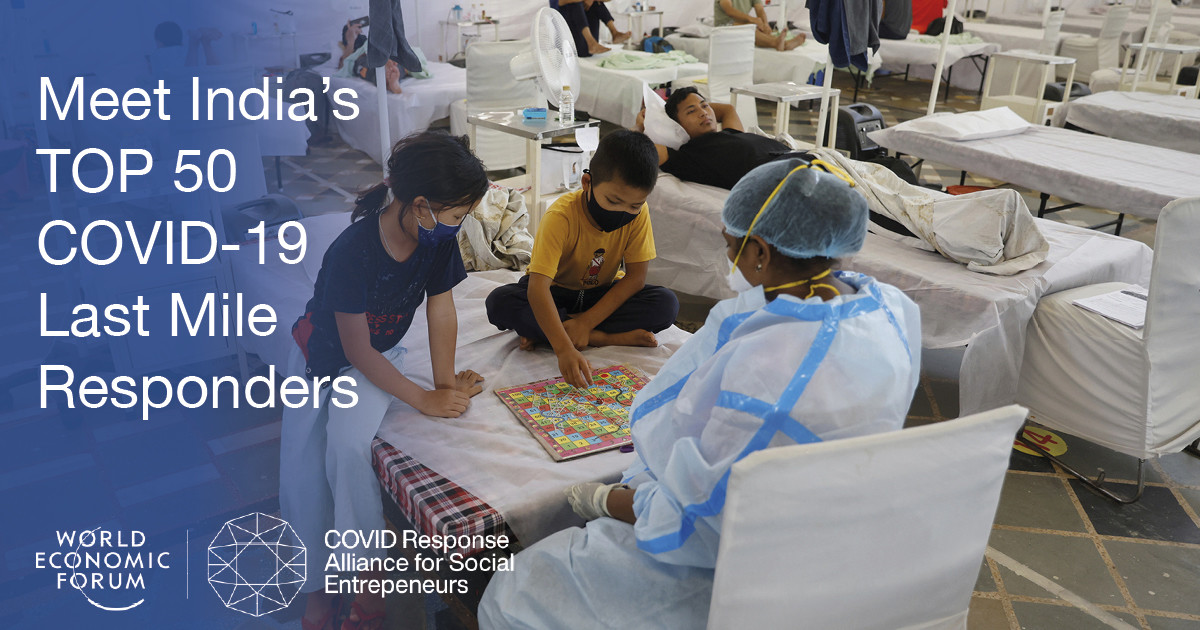COVID-19: What you need to know about the coronavirus pandemic on 3 February

Many European countries are beginning to ease COVID-19 restrictions. Image: REUTERS/Spasiyana Sergieva

Explore and monitor how COVID-19 is affecting economies, industries and global issues

Get involved with our crowdsourced digital platform to deliver impact at scale
Stay up to date:
COVID-19
- This daily news round-up brings you a selection of the latest news and updates on the COVID-19 coronavirus pandemic, as well as tips and tools to help you stay informed and protected.
- Top news stories: Omicron infections slowing in the Americas where variant first hit; New Zealand announces plan to reopen borders; COVID-19 restrictions eased across Europe.
1. How COVID-19 is affecting the globe
Confirmed cases of COVID-19 have passed 384.9 million globally, according to Johns Hopkins University. The number of confirmed deaths has now passed 5.7 million. More than 10.12 billion vaccination doses have been administered globally, according to Our World in Data.
France's vaccine pass will remain in place until hospitals are able to function normally without cancelling non-emergency procedures to make room for COVID-19 patients in intensive care, Health Minister Olivier Veran said yesterday.
Switzerland began easing COVID-19 restrictions yesterday, after fears that a spike in infections caused by the Omicron variant would overwhelm the health care system.
Germany will allow up to 10,000 spectators at major outdoor events, such as Bundesliga soccer games, the 16 federal states agreed yesterday.
Germany's expert panel of vaccine use is preparing to recommend a fourth dose of COVID-19 vaccine, the committee's head told media group Funke.
Total confirmed COVID-19 cases in Mexico have topped 5 million.
The UK has reported 534 deaths within 28-days of a positive COVID-19 test - the highest figure since late February 2021.
New daily confirmed COVID-19 cases in Tokyo have exceeded 20,000 for the first time. Nationwide cases hit a record 91,760.
Turkey has recorded 110,682 new confirmed COVID-19 infections in the space of 24 hours, its highest daily figure of the pandemic, health ministry data showed on Wednesday.

India’s leading COVID-19 last-mile responders
2. Omicron infections slowing in the Americas where variant first hit
COVID-19 infections and deaths in the Americas are still increasing, but the rise in infections seems to be slowing down in places hit earliest by the Omicron variant, the Pan American Health Organization (PAHO) said on yesterday.
Most of the new cases reported in the past week were in North America, while Chile and Brazil posted record numbers of daily cases. Deaths have more than doubled in Cuba, the Bahamas and Antigua and Barbuda.
PAHO said 63% of people across Latin America and the Caribbean have now been fully vaccinated against COVID-19, and the region has some of the highest COVID-19 vaccination coverage in the world.
But it remains the most unequal region in the world, with uneven coverage between countries: while 14 countries have fully immunized 70% of their populations, the same number of countries have yet to protect 40% of their people, the agency said.
3. New Zealand announces phased reopening of borders
New Zealand has announced a phased reopening of its border, which has been largely closed for two years as a result of the COVID-19 pandemic.
Vaccinated New Zealanders in Australia can travel home from 27 February without a requirement to stay at state-managed quarantine facilities, while New Zealand citizens in the rest of the world will be able to do so two weeks later, Prime Minister Jacinda Ardern said.
Foreign vaccinated backpackers and some skilled workers can come to the country beginning 13 March, while up to 5,000 international students will be allowed to enter from 12 March.
Tourists from Australia and other visa-free countries will only be allowed in by July and travellers from the rest of the world will be kept out until October under the plan.
All travellers would still have to self-isolate for 10 days, Ardern said.
Don't miss any update on this topic
Create a free account and access your personalized content collection with our latest publications and analyses.
License and Republishing
World Economic Forum articles may be republished in accordance with the Creative Commons Attribution-NonCommercial-NoDerivatives 4.0 International Public License, and in accordance with our Terms of Use.
The views expressed in this article are those of the author alone and not the World Economic Forum.
The Agenda Weekly
A weekly update of the most important issues driving the global agenda
You can unsubscribe at any time using the link in our emails. For more details, review our privacy policy.
More on Health and Healthcare SystemsSee all
Katherine Klemperer and Anthony McDonnell
April 25, 2024
Vincenzo Ventricelli
April 25, 2024
Shyam Bishen
April 24, 2024
Shyam Bishen and Annika Green
April 22, 2024
Johnny Wood
April 17, 2024






